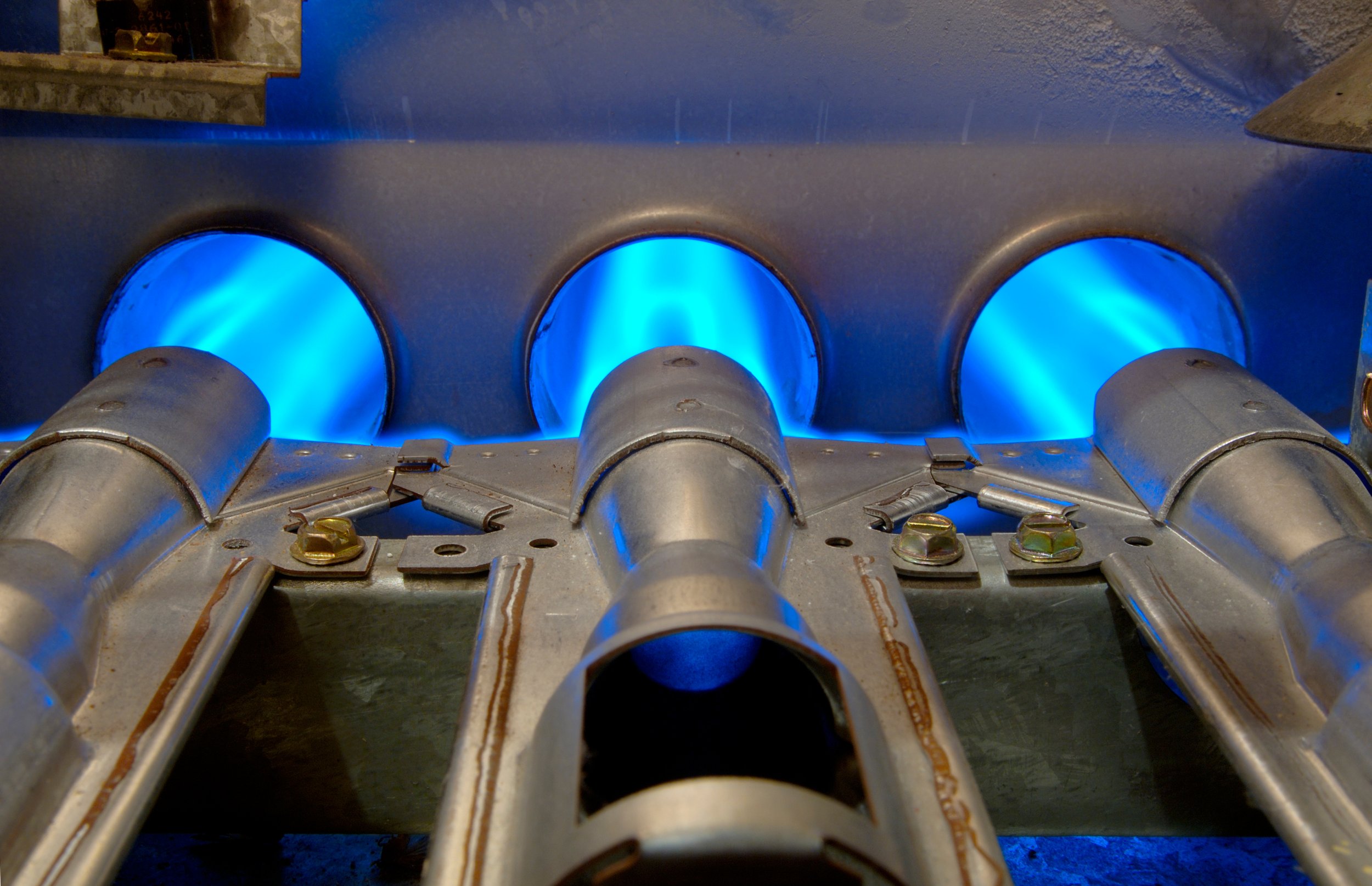Common Problems That May Require Gas Furnaces Repair
A gas furnace is a central heating system that uses natural gas to heat your home. A popular HVAC system choice for many homeowners, it is relatively efficient and affordable to operate. However, like any other appliance, a gas furnace can malfunction and require repairs.
If your heating unit has problems and isn't working properly, it's crucial to fix them quickly. Ignoring the issue could lead to further damage and potentially unsafe conditions.
Common Furnace Problems
Here are some common furnace issues that may require furnace troubleshooting and a service call by a professional:
The furnace is on but not heating enough
If it's not producing enough heat, it could be due to a malfunctioning thermostat, a blocked dirty air filter, or a problem with the ignition system. A dirty air filter restricts airflow. With less air flow, you will have less heat coming through your ductwork to heat your home. Changing your air filter regularly is important; every 3 months is a good rule of thumb.
The furnace is not turning on
If it's not turning on at all, it could be because of a variety of issues. Primary reasons include a faulty thermostat, a tripped circuit breaker, or a problem with the gas valve. If there is a tripped breaker, then there will be no power to the furnace at all.
In addition, you should check to see if the gas line is on or off. If you turned it off, your unit will not receive its needed gas supply.
The furnace is making strange noises
Loud noises coming from your unit could indicate a problem with the blower motor or a loose component. Whenever you hear strange noises, it's best to let a professional HVAC technician do the troubleshooting. HVAC system parts can be complicated and it's best left to a professional.
The furnace is not maintaining a consistent temperature
If it's not maintaining the desired temperature, it could be because of a malfunctioning thermostat or a problem with the controls.
First, check the thermostat to see if it needs new batteries. Next, double check your thermostat settings to make sure it is set to heat mode.
Safety First
If you are experiencing any of these issues, it is important to contact a professional HVAC technician for repairs. Attempting to fix the problem yourself could be dangerous. Gas furnaces contain components that can be potentially hazardous if handled improperly.
For example, a cracked heat exchanger in your unit can leak carbon monoxide. Carbon monoxide is an odorless gas. This gas can go undetected and build up in your home; this can be deadly to everyone living in the home.
Note: We recommend that all home owners install a carbon monoxide detector in their home as a safety measure.
When we encounter a cracked heat exchanger, we must red tag the system. Next, we must shut off the system no matter how needed the heat source is. Our ethical duty is to keep you and your family safe. Our technician will immediately provide repair and/or replacement quotes to remedy the situation.
Local Professional Help
When choosing a technician to repair your heating system, make sure to do your research. Choose a reputable and experienced professional. Ask for references and read online reviews. This will give you an idea of the technician's level of expertise and customer satisfaction.
At Miller's, we have over 75 years experience working on residential heating and cooling systems.
In conclusion, HVAC repairs are important to address as soon as possible. You want to prevent further damage and ensure the safety of your home. It is important to choose a reputable and experienced HVAC technician to handle the repair so it's done correctly.
Miller's: 24/7 Emergency Repairs
Miller's offers 24/7 emergency repairs on the following systems:
Ducted heat pumps
Air conditioners
Gas furnaces
Air handlers
Ductless mini-splits
Give us a call today if you need an emergency HVAC repair.


